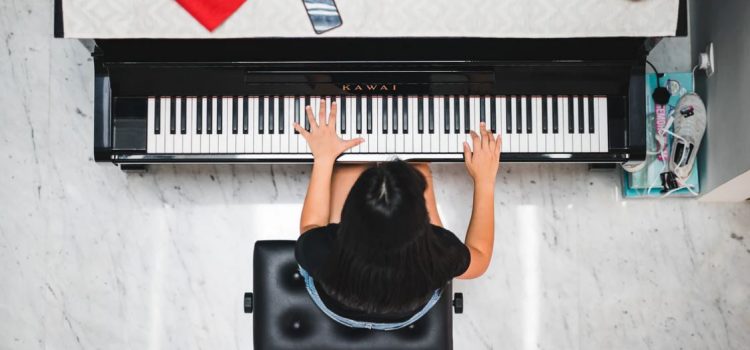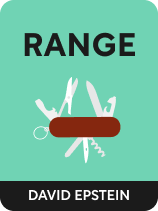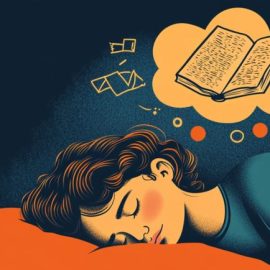

This article is an excerpt from the Shortform book guide to "Range" by David J. Epstein. Shortform has the world's best summaries and analyses of books you should be reading.
Like this article? Sign up for a free trial here .
What are the benefits of self-teaching? Do you really learn more through slow, directionless learning? Is there such thing as overlearning?
In his book Range, David Epstein asserts that the slow and directionless self-learning process is more effective than structured learning. This is because when you learn on your own, you’re forced to struggle through experimentation—which ultimately leads to a better understanding of the subject matter.
Here is why learning through self-teaching may actually be better than taking structured classes.
Slow, Directionless Learning
When it comes to skill acquisition, Epstein makes the case that slow, directionless exploration provides more robust skill than the specialist’s style of learning through intense, efficient drills.
To illustrate, Epstein examines the life stories of world-class jazz musicians from the very start of their musical training. He finds that, after exploring and discovering their preferred instrument, many jazz legends taught themselves how to play, without formal lessons, through an excruciatingly inefficient process of trial and error.
Many of the greatest jazz musicians learned through “osmosis,” discovering on their own how to mimic the music they heard around them. The struggle of aimlessly fiddling around gave these musicians a deeply ingrained familiarity with their instruments that formal training could never intentionally teach. Just like the other learning methods we’ve been discussing, this untutored learning style is much slower and less effective at first, but in the long run, it provides the foundation to achieve top-level performance.
By self-teaching, these musicians also discovered the unique skill of effortless improvisation. Epstein argues that because they were forced to painstakingly generate their own techniques instead of simply learning to read sheet music (translating something that’s already been written), the self-taught jazz musicians developed a creative instinct that classically trained musicians never could. For this reason, master improvisors are often able to learn and perform classical arrangements, but classically trained musicians are fundamentally unable to improvise.

———End of Preview———
Like what you just read? Read the rest of the world's best book summary and analysis of David J. Epstein's "Range" at Shortform .
Here's what you'll find in our full Range summary :
- Why it's better to be proficient in a range of skills rather than becoming a specialist in one
- Why you're never “too late” to pursue something you’re interested in
- Why the nontraditional background of a generalist gives them an edge






